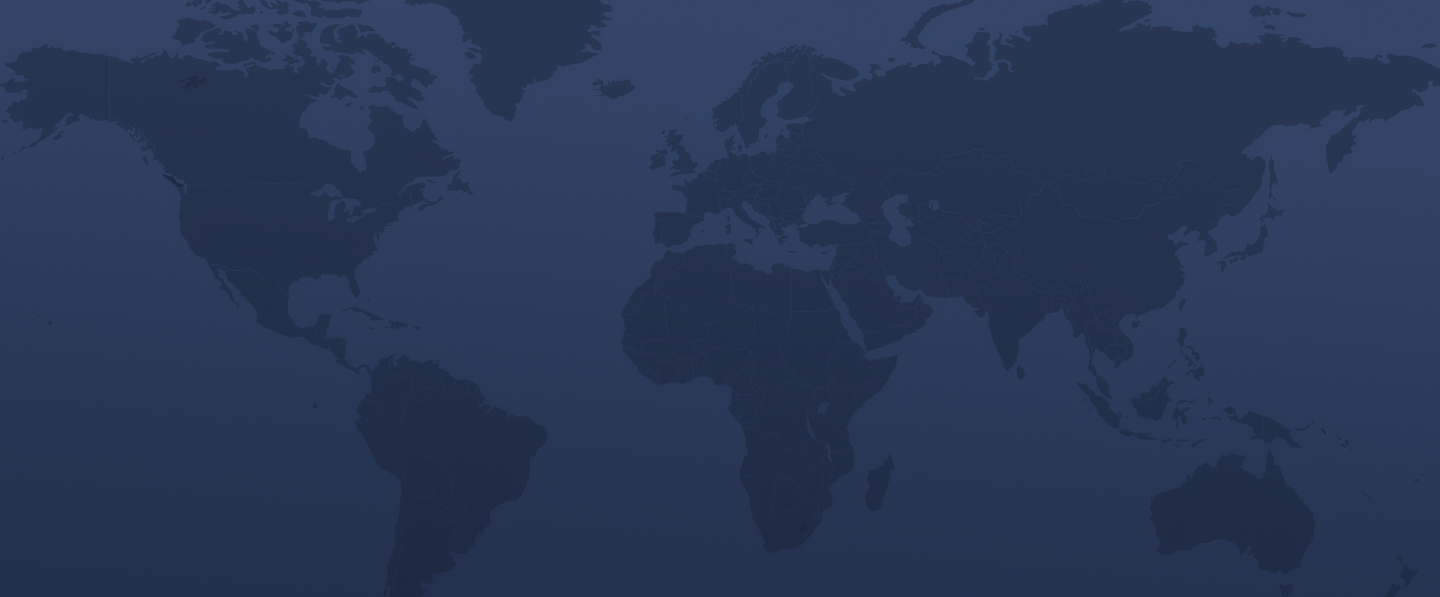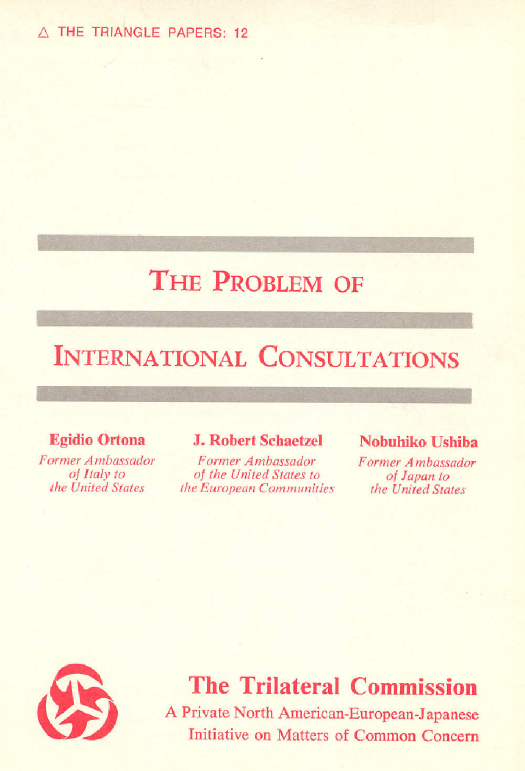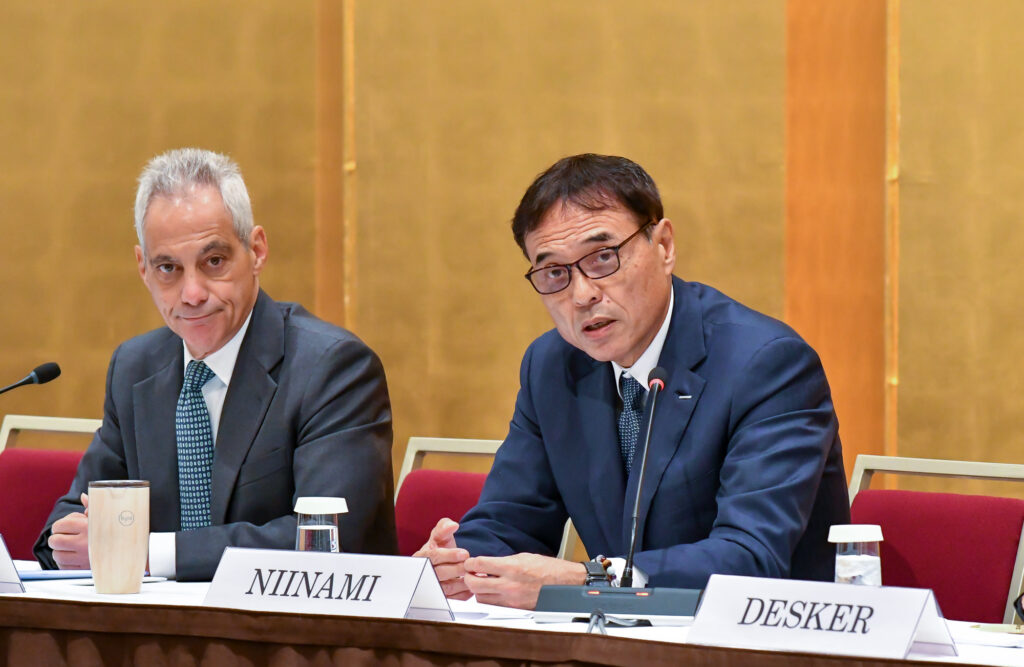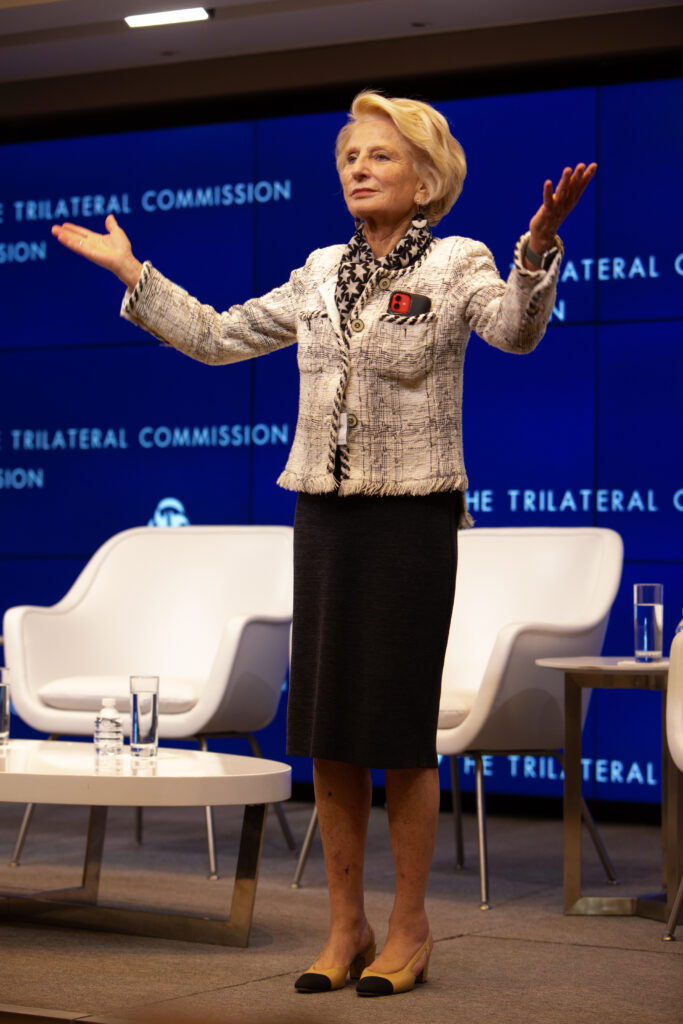Wu Xinbo
Xinbo Wu
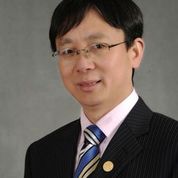
Dr. WU is Professor and Dean, Institute of International Studies, and Director at the Center for American Studies, Fudan University. He teaches and researches China’s foreign and security policy, Sino-U.S. relations, and U.S. Asia-Pacific policy. Prof. Wu is the author of Dollar Diplomacy and Major Powers in China, 1909-1913 (Fudan University Press, 1997), Turbulent Water: US Asia-Pacific Security Strategy in the post-Cold War Era (Fudan University Press, 2006), Managing Crisis and Sustaining Peace between China and the United States (United States Institute of Peace, 2008), The New Landscape in Sino-U.S. Relations in the early 21st Century (Fudan University Press, 2011), and co-authored Asia-Pacific Regional Order in Transformation (Current Affairs Press, 2013), China and the Asia-Pacific Chess Game (Fudan University Press, 2017). He also has published numerous articles and book chapters in China, U.S., Japan, Germany, South Korea, Singapore and India. Dr. Wu is on the editorial board of The Washington Quarterly, European Journal of International Security and on the International Advisory Board of International Affairs. He was a member of the World Economic Forum’s Global Agenda Council on Geopolitical Risk and served as its Vice-Chair (2012-13) and Chair (2013-14), and a member of the World Economic Forum’s Global Agenda Council on Geo-economics(2015-2016). Since 2014, he has been a member on the Advisory Council of Asia Society Policy Institute. Dr. Wu entered Fudan University in 1982 as an undergraduate student and received his B.A. in history in 1986. In 1992, he got his Ph. D. in international relations from Fudan University. In the same year, he joined the Center for American Studies, Fudan University. In 1994, he spent one year at the George Washington University as a visiting scholar. In the fall of 1997, he was a visiting fellow at the Asia-Pacific Research Center, Stanford University and the Henry Stimson Center in Washington DC. From January to August, 2000, he was a Visiting Fellow at the Brookings Institution. From September 2006 to July 2007, he was a Jennings Randolph Senior Fellow at the United States Institute of Peace.
